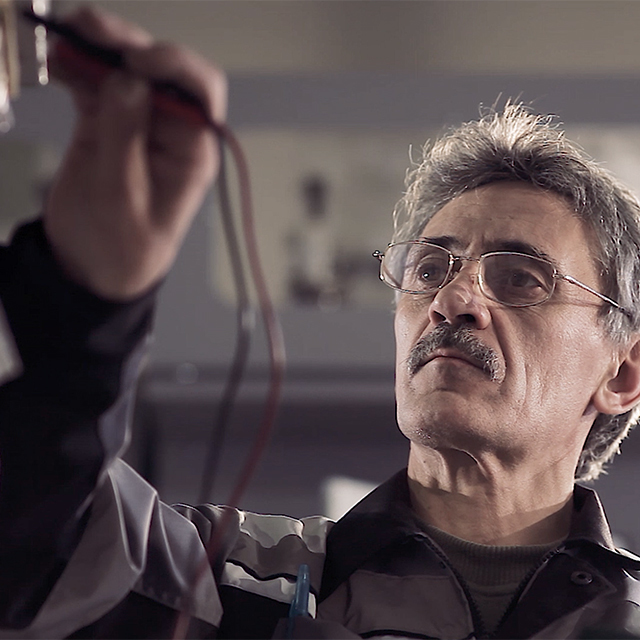When your cooling system isn’t keeping pace with summer heat, the first guess is that there’s an issue with your AC equipment. This assumption almost caused our newest church client in Lake Ridge, Virginia to make an expensive mistake. They were trying hard to decide how to handle the discomfort in their sanctuary and offices after getting conflicting opinions on which part of their HVAC was to blame. As a last-ditch effort, they went directly to the manufacturer and found out that it wasn’t the equipment that was the root of the issue. It was actually the automated controls designed to adjust temperatures based on how and when each space is used. So, what do you do when the “brain” of your HVAC system isn’t working properly?
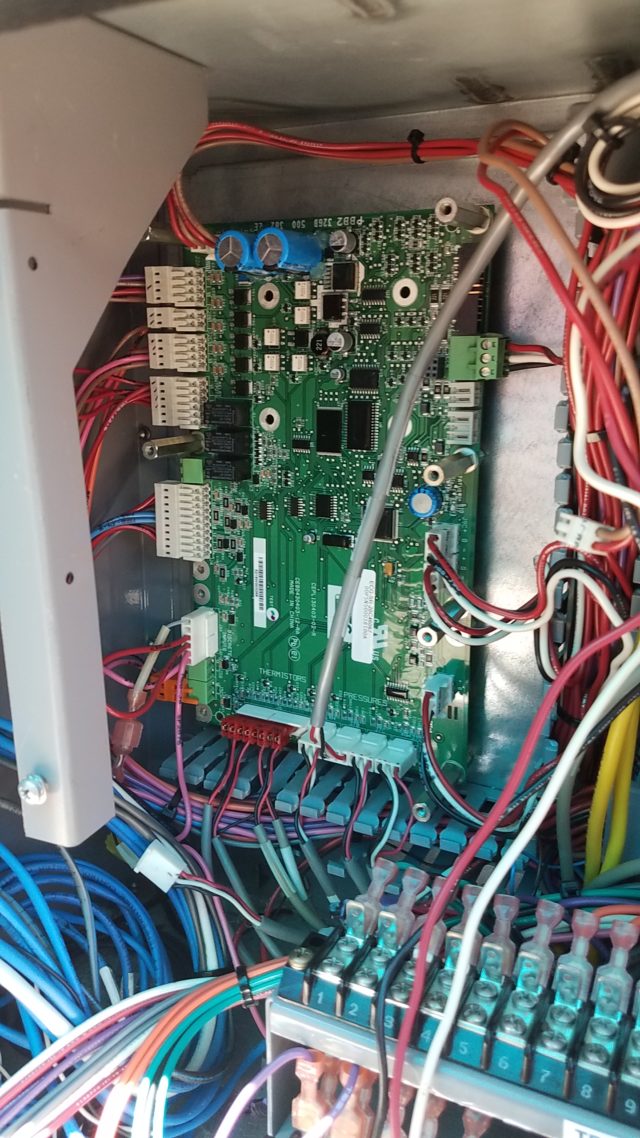
What to consider when maintaining your automated system
Automated controls are an intelligent network of hardware and software designed to monitor, connect, and manage an HVAC system’s many components. They help organizations maximize both efficiency and comfort.
Settings for these systems need to be updated as your facility’s needs change. Your system likely has a useful life of 15-20 years, so it makes sense that room usage, occupancy, and other factors will evolve. Plus, you can’t simply rely on the original configuration or even assume that it was actually set correctly from the start. It’s more like what was originally there was written over, modified and adjusted. You always want to try to take the controls back to their baseline.
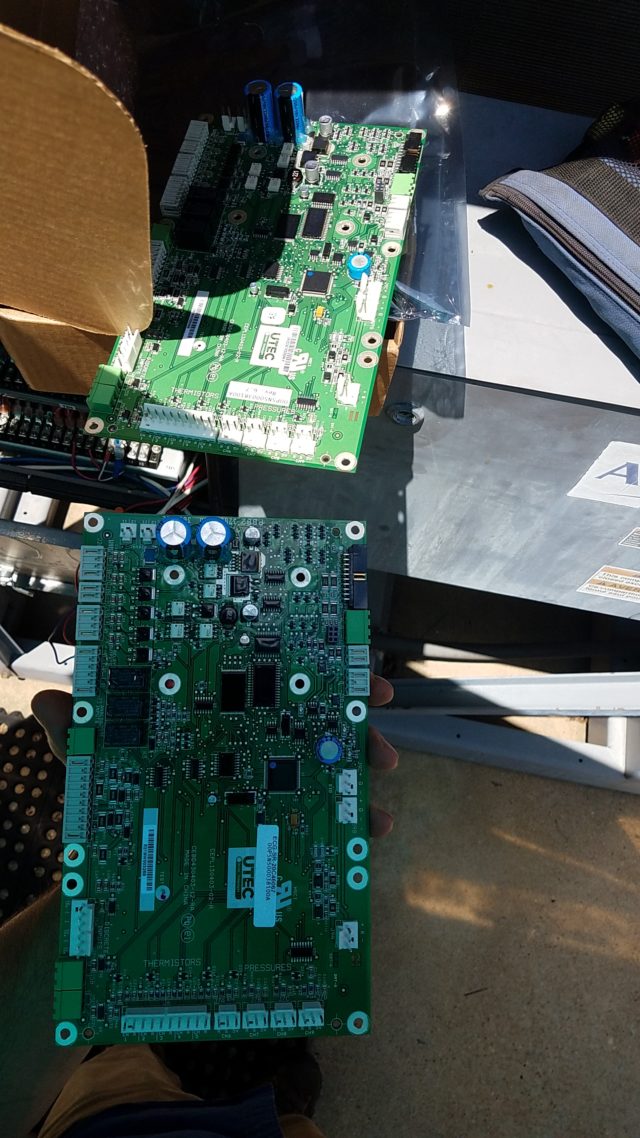
Additionally, not all technicians are fully trained on automated controls. The key is finding a mechanical services partner that invests in advanced training and can handle automated controls in a cost-effective way. Consider the following:
Certifications and licenses don’t prove skill: Training needs to be paired with hands-on experience to diagnose and solve real problems. Ask for details on similar cases to confirm a company has the experience to handle the job.
It shouldn’t be a one-man show: Some companies rely on a single technician to handle jobs with building automation technology. That puts you at risk.
Don’t turn a blind eye to alerts: Overriding codes that are designed to detect critical issues is an easy (and short-term) way to restore comfort. You need a partner that aims to troubleshoot all codes and will always search for the source of the error.
Have a pro review and adjust controls regularly: You’ll need a plan to check-in on your system’s controls and keep them in line with how you’re using your spaces.
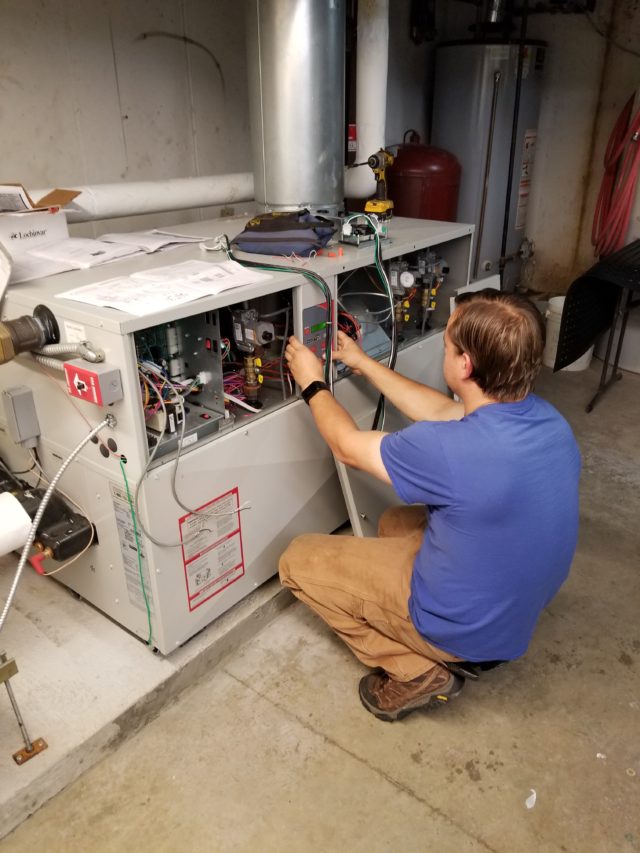
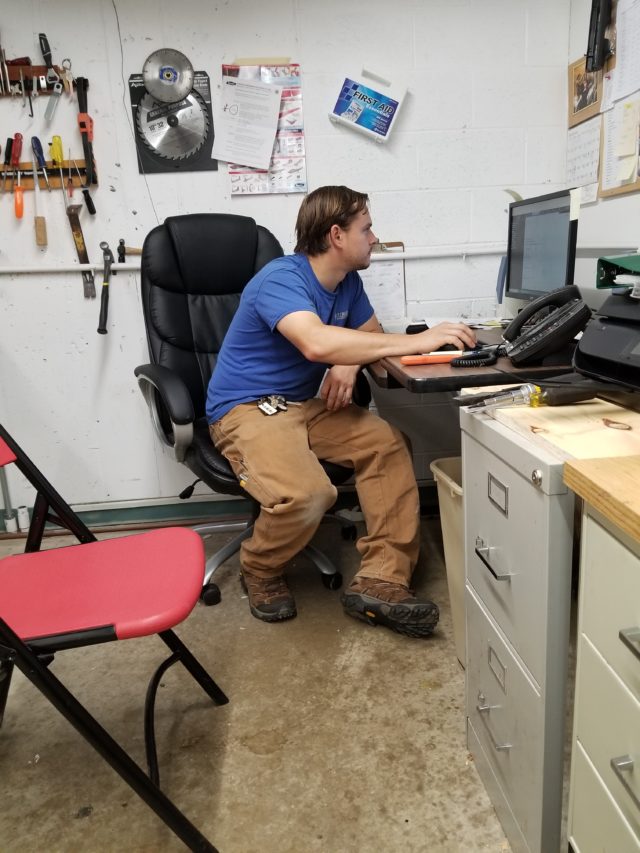
When the left hand doesn’t know what the right is doing…
By diving into the controls on our Lake Ridge client’s system computer we discovered that the boiler and chiller were fighting each other to be powered on. Specifically, the chiller would only automatically turn on once the boiler operated at maximum capacity. It was clear, the “brain” of the cooling system didn’t think it needed to be on. After reconfiguring the controls on the main computer, we went a step further to reset the controls on the boiler and chiller individually. This way, each component was truly in sync.
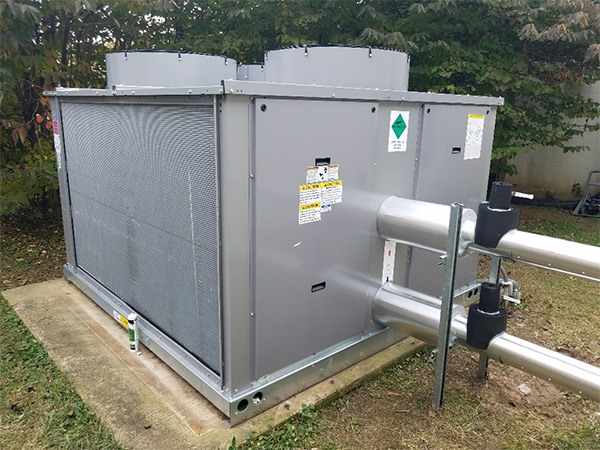
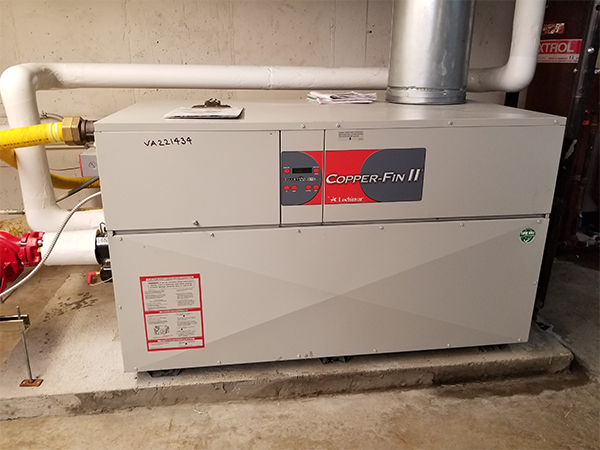
The previous companies who inspected the system before we arrived weren’t entirely off-base. It turned out there were mechanical issues that were preventing the HVAC equipment from providing maximum comfort. One of the main issues was that all the compressors in the chiller were not operating, holding it back from working at 100% capability – even with controls properly reconfigured.
Creating a forward-thinking plan
With controls properly set and all mechanical issues identified, we created a plan to keep things running smoothly in the future. Together, we mapped out a preventative maintenance plan and arranged annual status checks on their building automation control. Additionally, we helped the client understand which equipment would need to be replaced soon, such as the remaining compressors, so that they could better budget for future expenses.
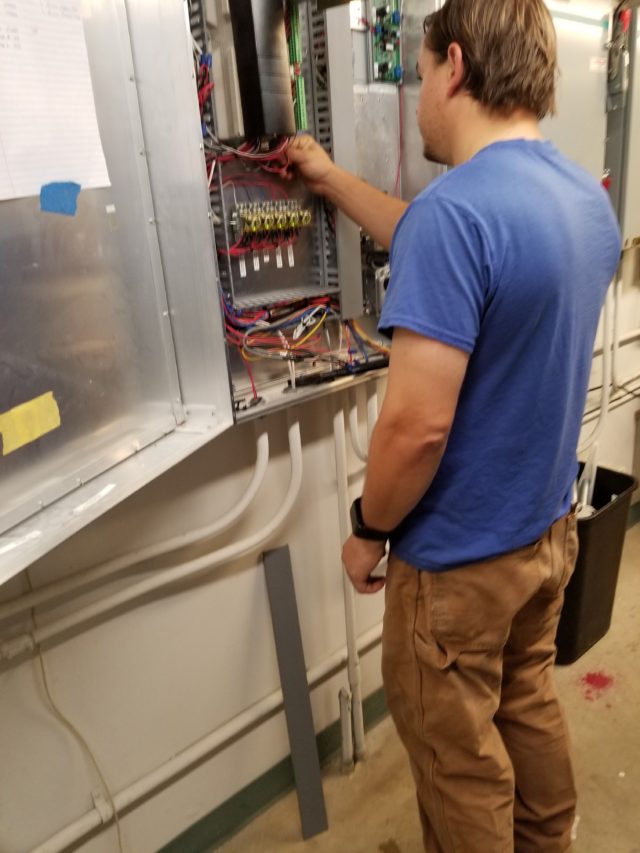
When was the last time your controls were checked?
You don’t have to settle for discomfort. Especially when it may be as simple as having an expert check and adjust your controls on a regular basis. Reach out to us today to see how we can help. If it’s your first time working with us, know that the initial visit is no-cost, and our sole aim is to give you a better understanding of how to keep your spaces comfortable.


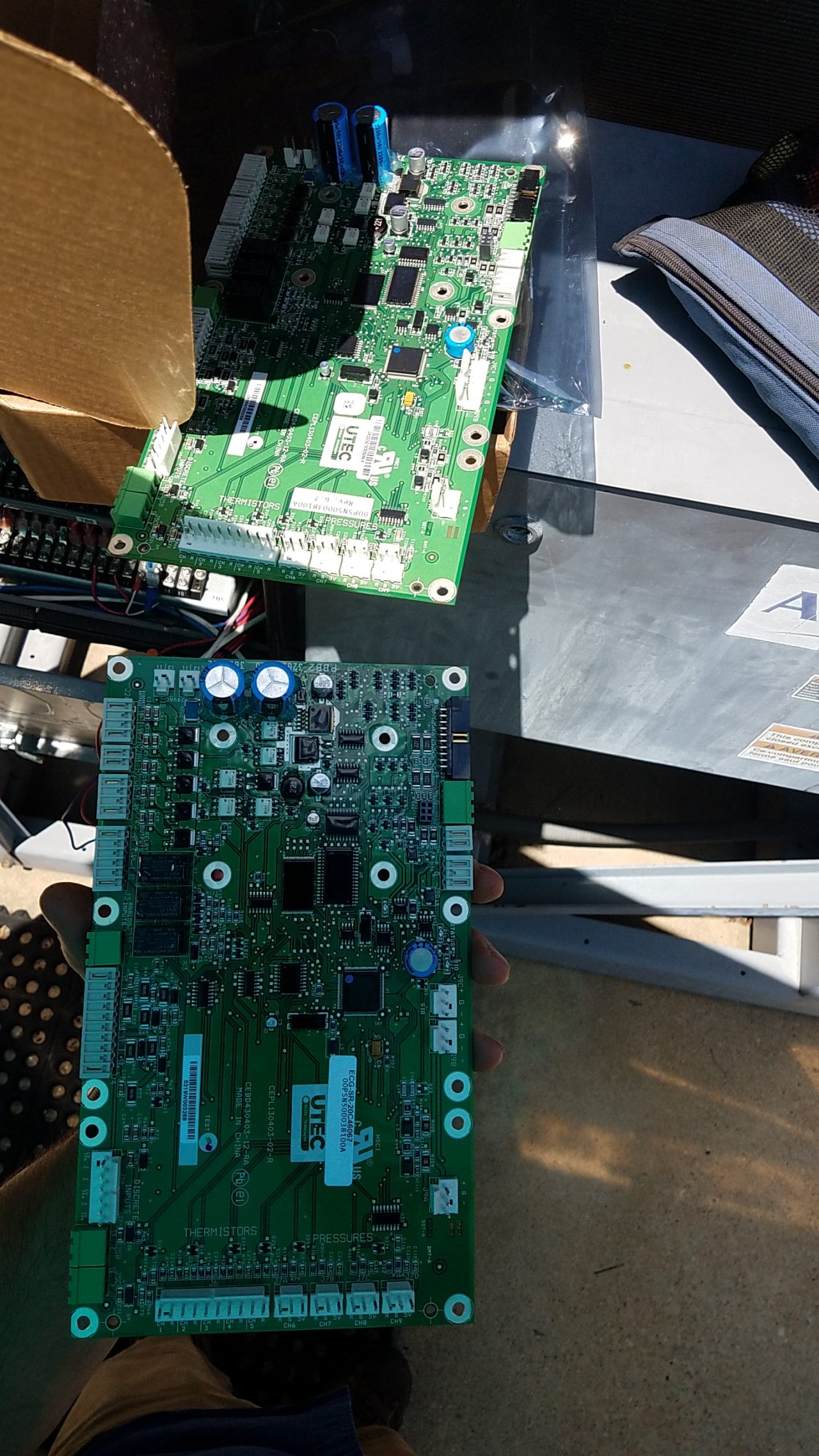
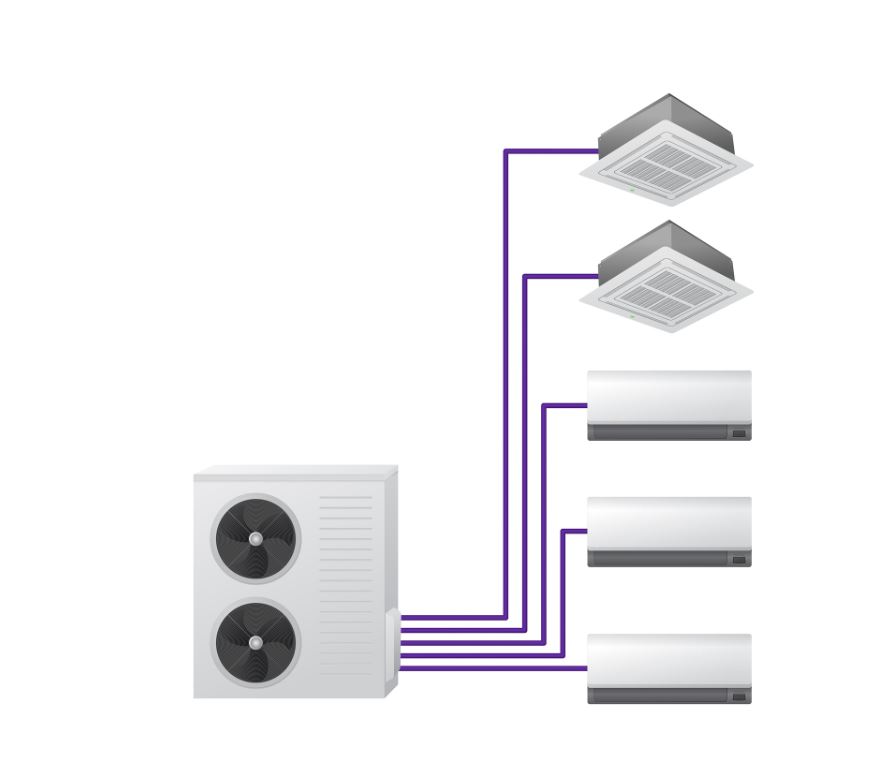
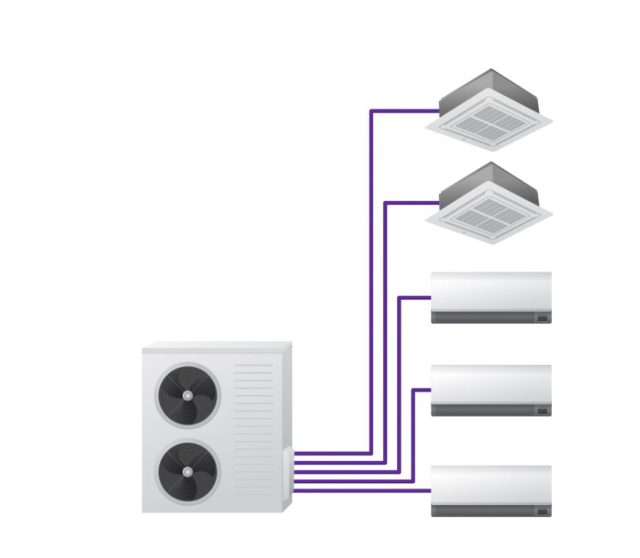
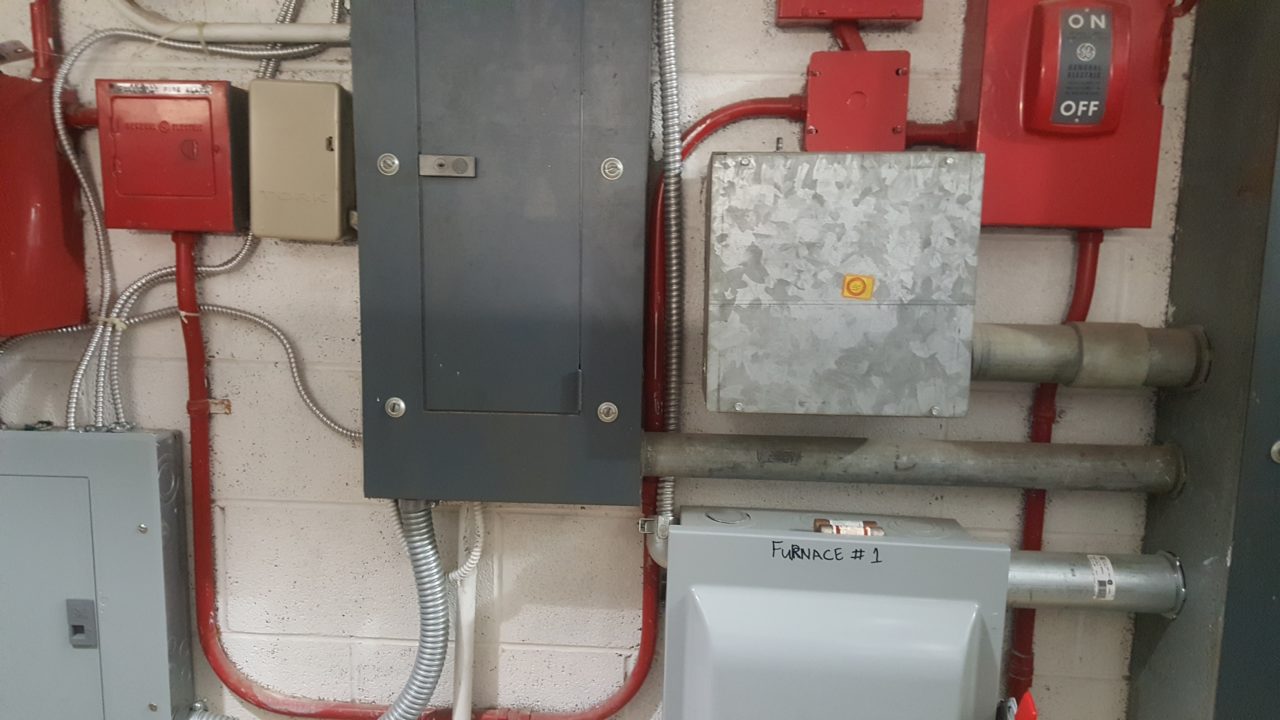

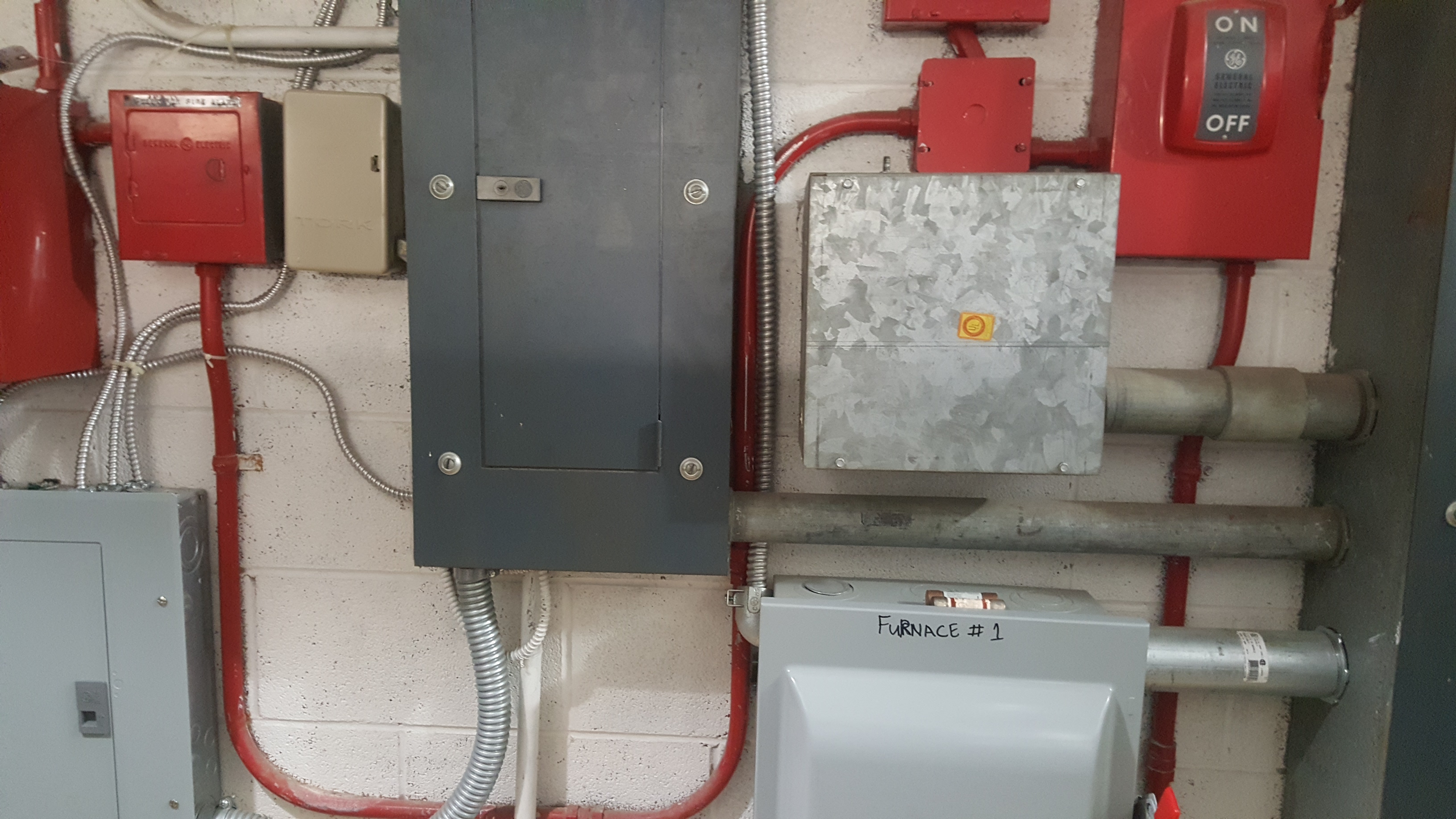
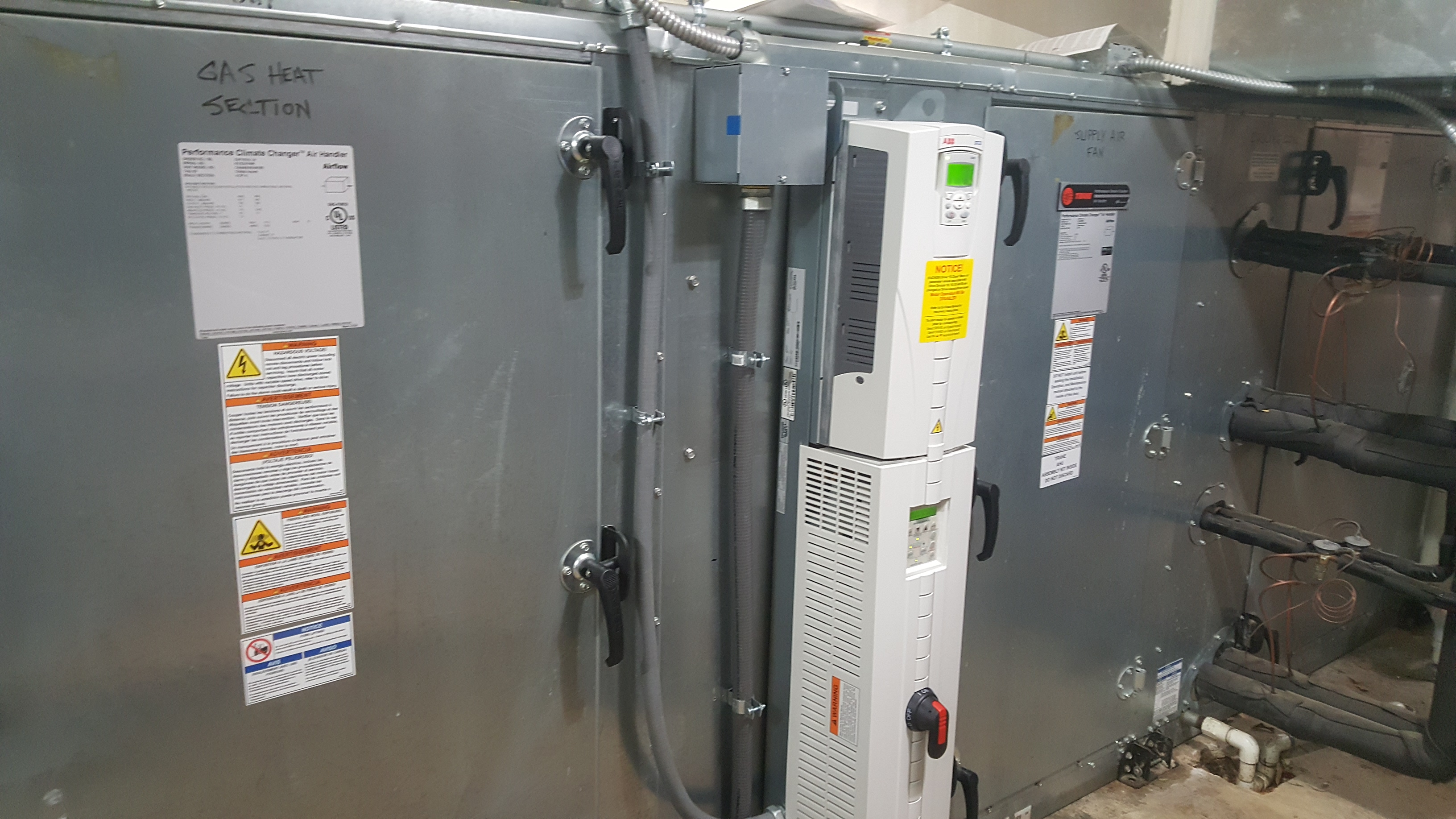
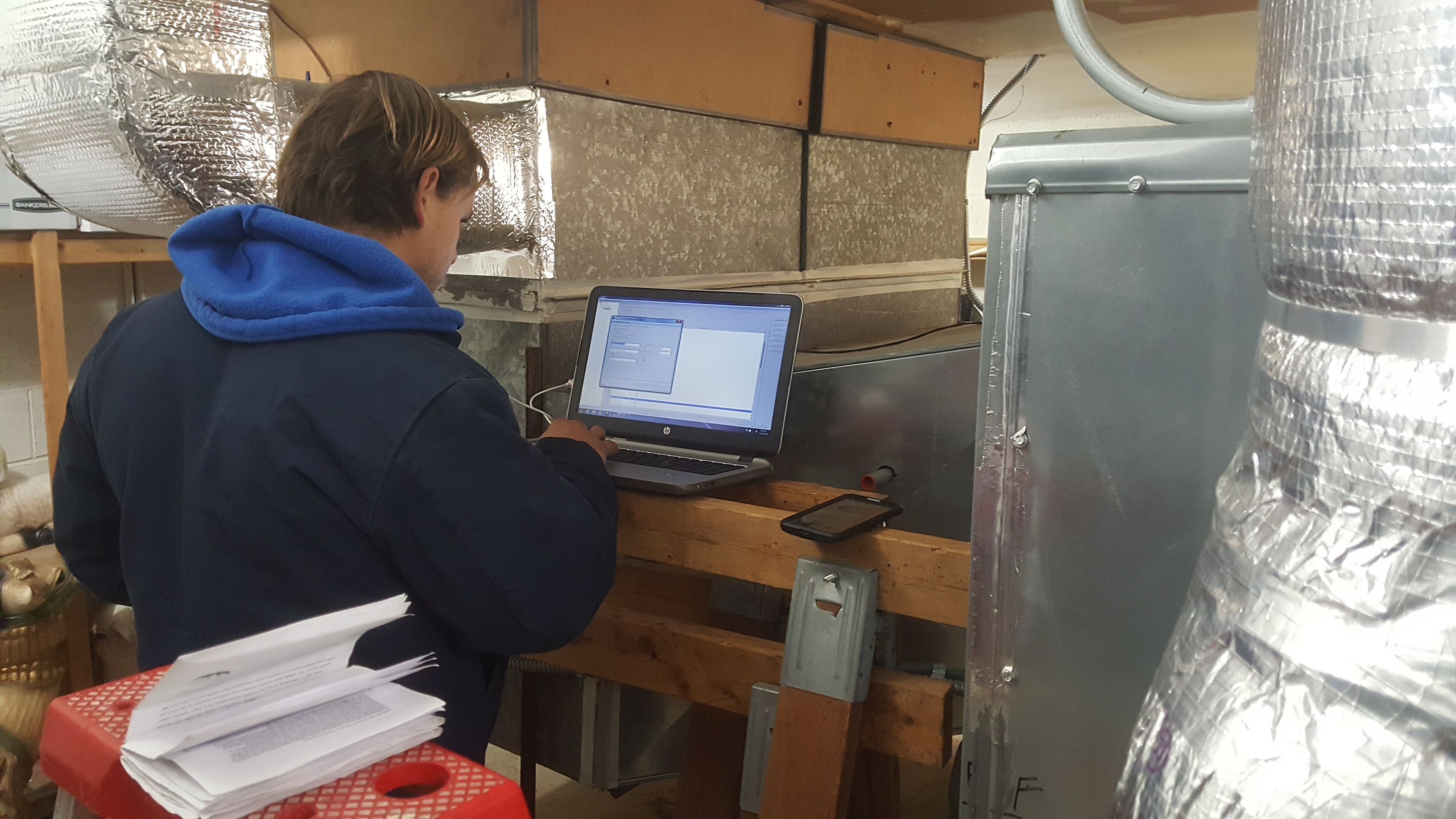
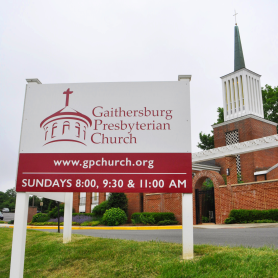
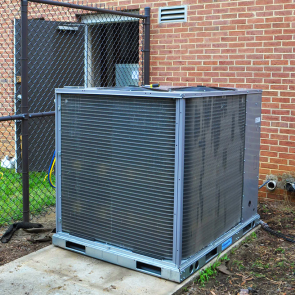
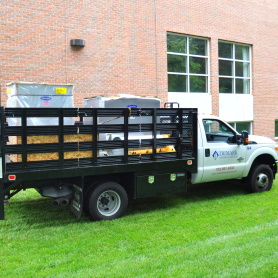
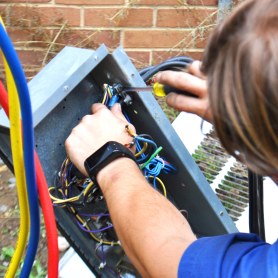
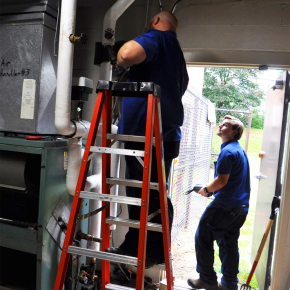
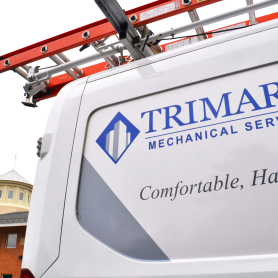
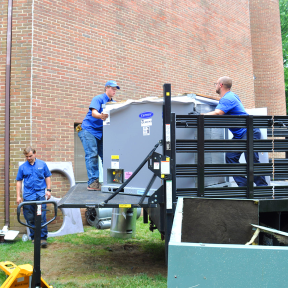
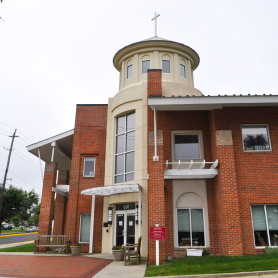
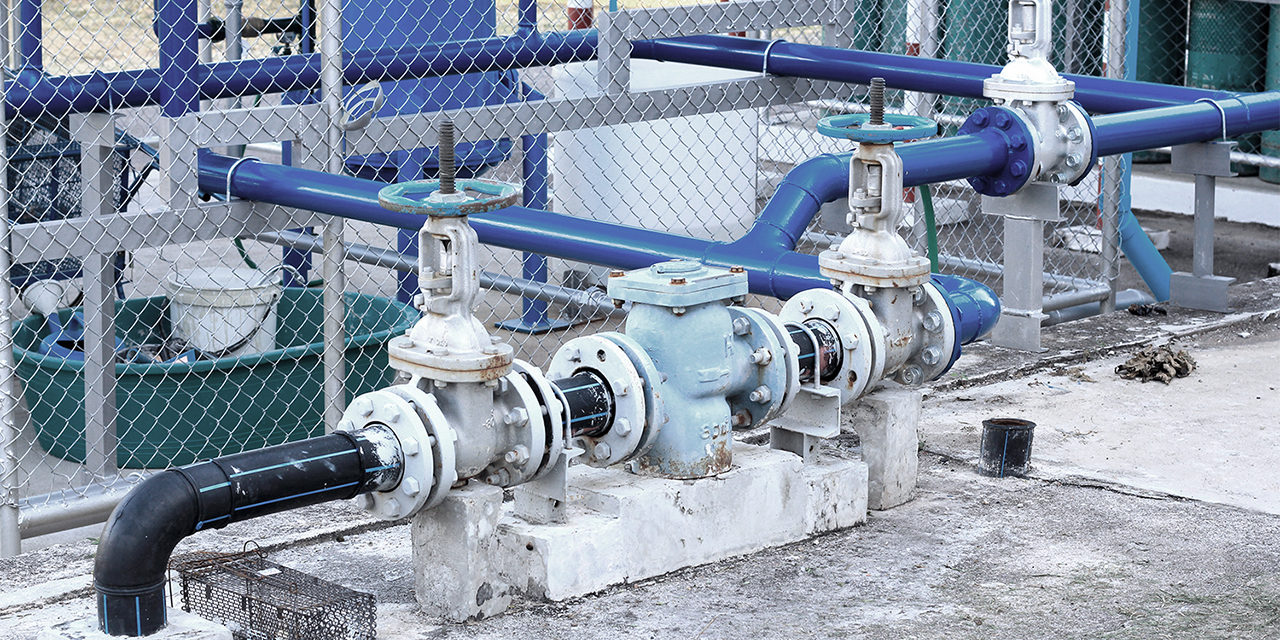





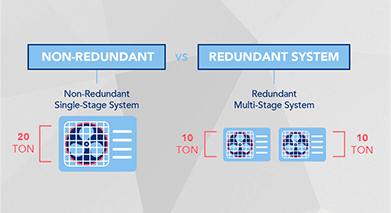
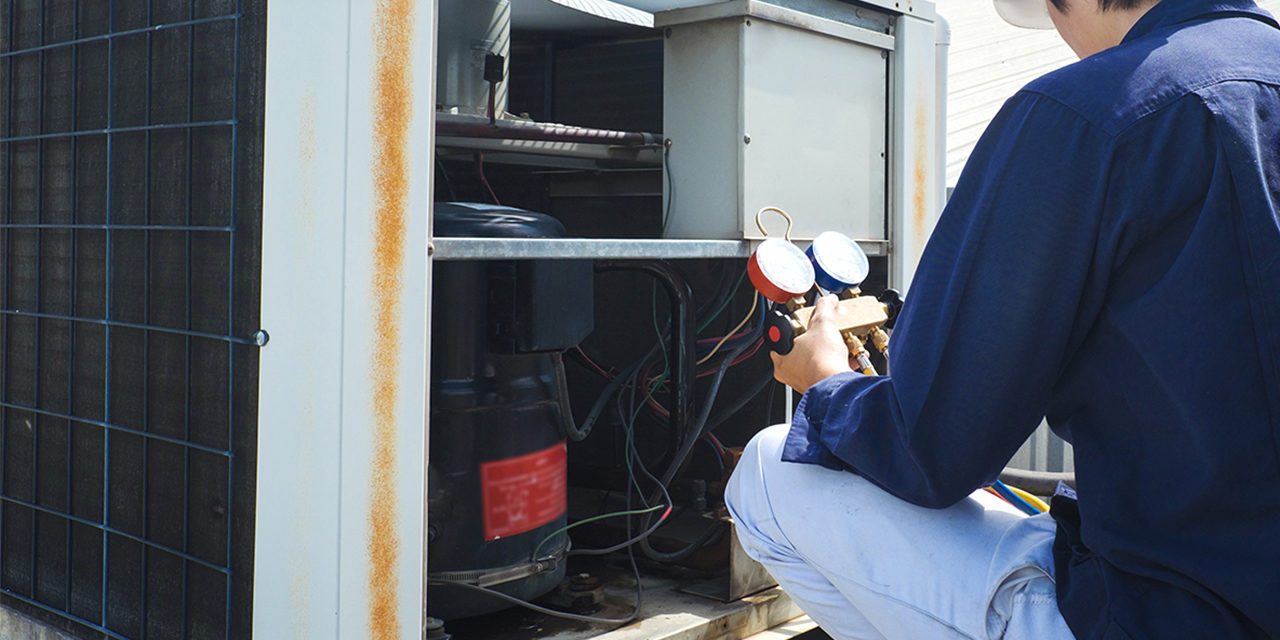
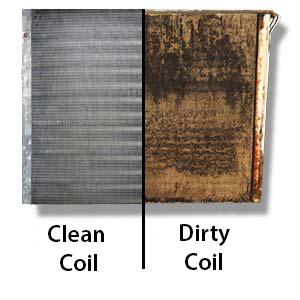 Consider a task as seemingly simple as coil cleaning. Kathleen Gaw, General Manager of Trimark shares how oversight can cause major issues:
Consider a task as seemingly simple as coil cleaning. Kathleen Gaw, General Manager of Trimark shares how oversight can cause major issues: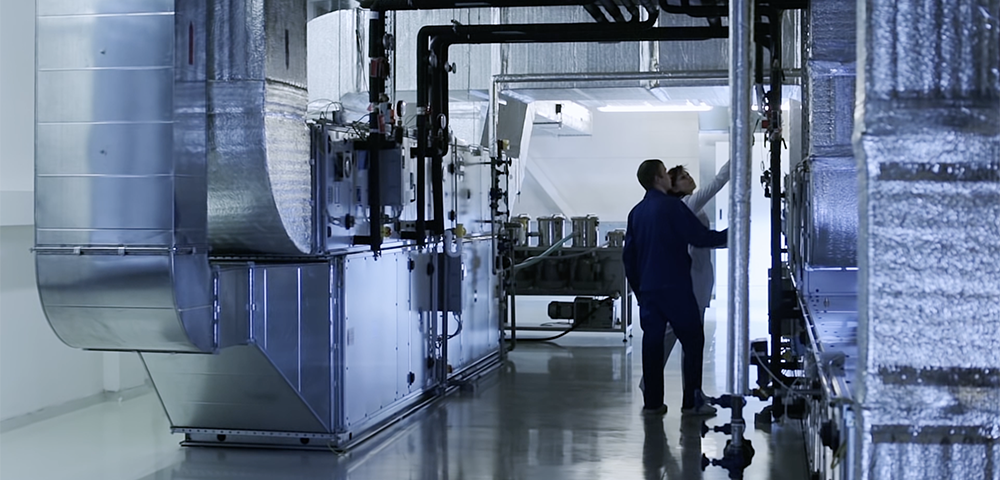

 Dust and Debris
Dust and Debris Refrigerant Leaks
Refrigerant Leaks Thermostat or Sensor Malfunctions
Thermostat or Sensor Malfunctions